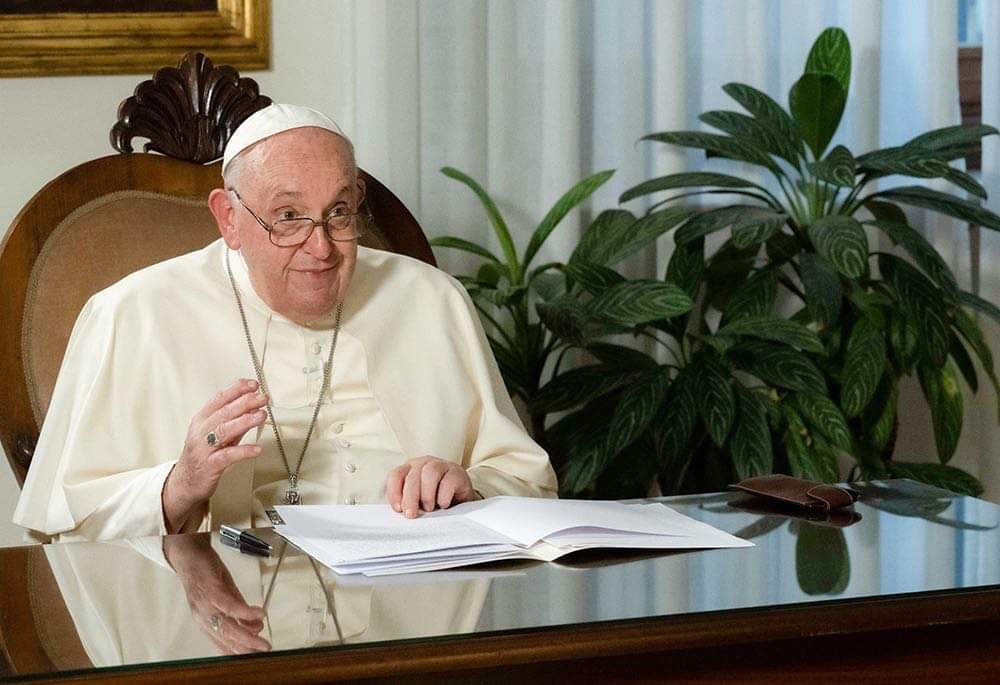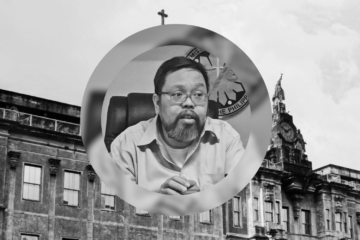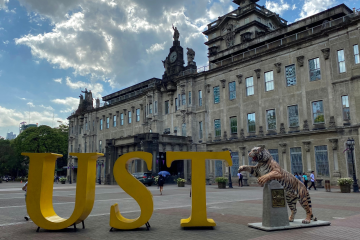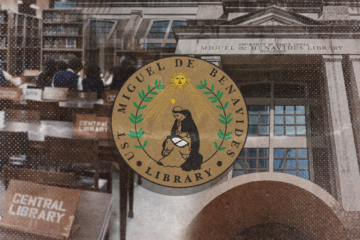
ARTIFICIAL INTELLIGENCE (AI) should aid, not govern, society in disseminating information as excessive reliance on the technology poses risks to modern day communication, Pope Francis said.
In his message for the 58th World Day of Social Communications, the pontiff said AI could act as a “technical extension of humanity” that may bridge people together if responsibly used.
“Artificial intelligence systems can help to overcome ignorance and facilitate the exchange of information between different peoples and generations,” he said, referring to how the technology could allow individuals with different languages to communicate.
“The use of artificial intelligence can make a positive contribution to the communications sector, provided it does not eliminate the role of journalism on the ground but serves to support it,” he added.
But the pope, a victim of viral deep fake photos or AI-generated media, warned that surrendering to AI could intensify disinformation since the technology could also be a source of “cognitive pollution” that ejects false narratives.
“The technology of simulation behind these programmes can be useful in certain specific fields, but it becomes perverse when it distorts our relationship with others and with reality,” his message read.
In March last year, deep fake images of Francis wearing a luxury puffer jacket went viral on different online platforms. Months after the post, the Holy See, the Catholic Church’s central government, announced the theme of the message for this year’s World Peace Day, “Artificial Intelligence and Peace.” According to the Holy See, Pope Francis has called for an open dialogue on the implications of AI, which he said include “disruptive” effects.
In his World Communications Day message, Francis further noted that AI could also confine people in “echo chambers” that cause confusion instead of promoting diversity. Such instances, he said, underline the need to regulate AI to combat its “discriminatory and socially unjust effects.”
“It is important therefore to understand, appreciate and regulate instruments that, in the wrong hands could lead to disturbing scenarios. Like every other product of human intelligence and skill, algorithms are not neutral. For this reason, there is a need to act preventively, by proposing models of ethical regulation,” he said.
The pope also tackled the issue of global AI regulation during the World Day of Peace last Jan. 1, where he urged the global community to adopt a binding treaty to regulate the use of AI.
“Artificial intelligence ought to serve our best human potential and our highest aspirations, not compete with them,” he wrote.
“[I]n debates about the regulation of artificial intelligence, the voices of all stakeholders should be taken into account, including the poor, the powerless and others who often go unheard in global decision-making processes.”
The annual celebration of World Communications Day was initiated by Pope Paul VI in 1967 to put importance on integrating new means of communication to reinvigorate the Catholic faith.
This year’s celebration carried the theme, “Artificial intelligence and wisdom of the heart: for a fully human communication.”
The pope’s message for the event is released every Jan. 24, feast of St. Francis de Sales, the patron saint of journalists. F — Joss Gabriel Oliveros and Carlo Jose Ruga



